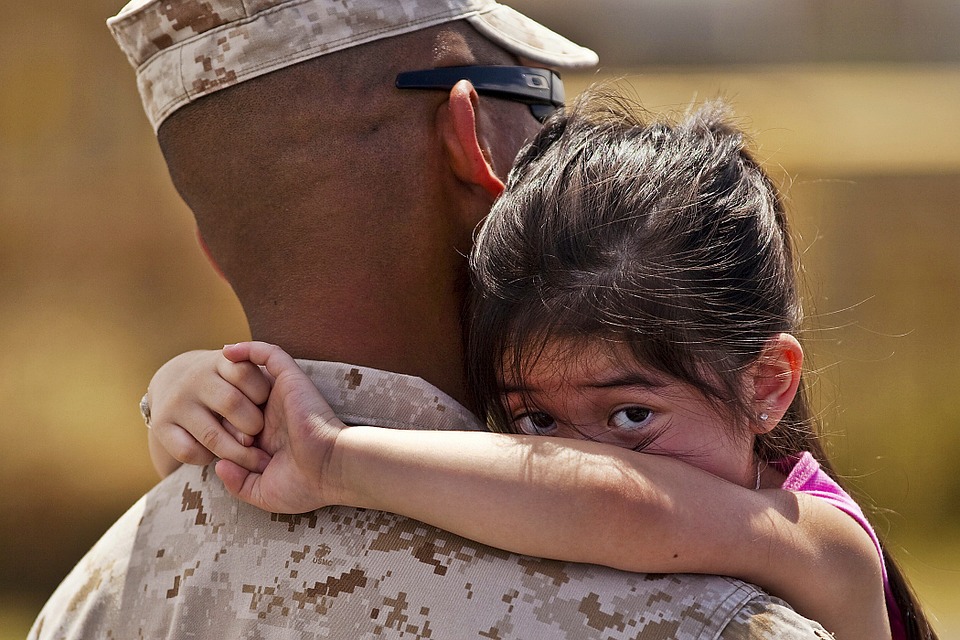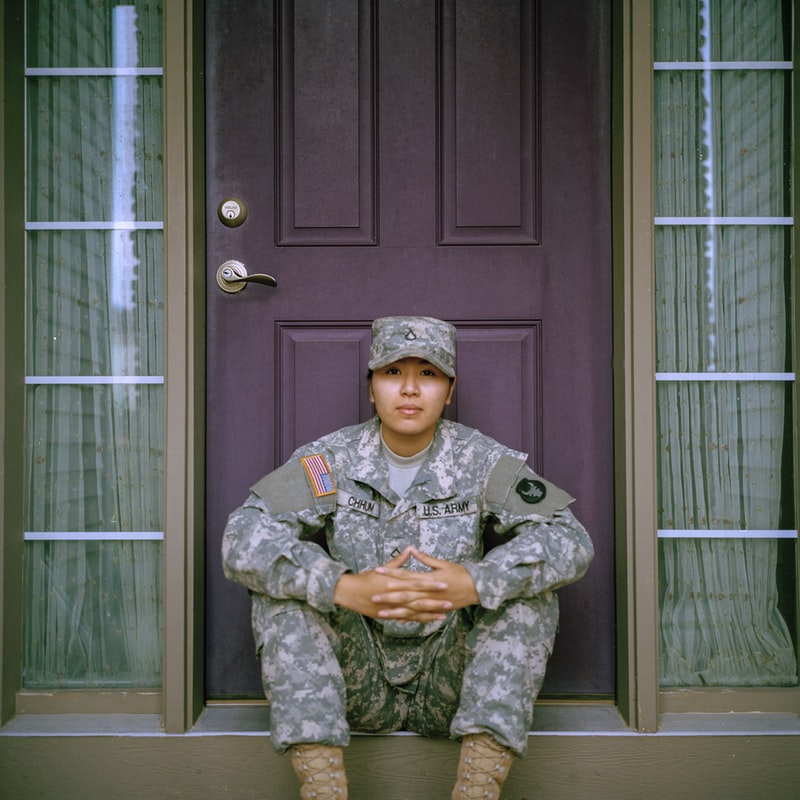Resources for Veterans
The term “Veterans who are minorities” means Veterans who are identified as African Americans, Asian American/Pacific Islander, Hispanic, Native American/Alaska Native, and Native Hawaiian. As a minority Servicemember or Veteran, you may qualify for a wide range of benefits offered by the Department of Veterans Affairs. We encourage you to learn about available resources and programs and to apply for the benefits you may have earned.

The Center for Minority Veterans is the Department of Veterans Affairs model for inter-and intra-agency co-operation, to ensure all veterans receive equal service regardless of race, origin, religion, or gender.
The National Association for Black Veterans, Inc (NABVETS)
NABVETS provides strategic advocacy with Congress, the Federal Administration, State Administrations, and other agencies and organizations on behalf of all veterans; and particularly African American veterans, women veterans, veterans disabled, homeless, incarcerated, or of limited means. NABVETS, with over 50 chapters across the nations and five State Commands works in ‘Unity with the Community’ to end homelessness, empower low-income and minority veterans and advocate for disadvantaged youth in all matters related to their successful passage into adulthood. NABVETS works closely with the Veterans Enterprise Training & Services Group (VETS Group), NAACP Veterans Affairs Committee, and the Consumer Action Agency to provide outreach, training and support to veterans and their families transitioning back into the community.
Resources for military and Veteran family members
If you’re a military spouse or surviving spouse, find out if you’re eligible and how to apply for the Department of Defense’s Spouse Education Career Opportunities (SECO) program. And learn about other resources to help you build your career or start a small business.
VA Education and Training Benefits
VA education benefits help Veterans, service members, and their qualified family members with needs like paying college tuition, finding the right school, or training program, and getting career counseling. Learn how to apply for and manage the education and training benefits you’ve earned.
- Veterans’ Educational Assistance Program (VEAP): You may be able to continue your education by using part of your military pay to help cover the cost of school. Find out if you can get benefits through the Veterans’ Educational Assistance Program (VEAP)—a $2-to-$1 government-match program for educational assistance.
Veteran Readiness and Employment (VR&E)
You may receive Veteran Readiness and Employment (VR&E) (Formerly known as Vocational Rehabilitation and Employment) services to help with job training, employment accommodations, resume development, and job-seeking skills coaching. Other services may be provided to assist Veterans and Servicemembers in starting their own businesses or independent living services for those who are severely disabled and unable to work in traditional employment. To learn more about the VR&E program, review the VR&E Process page, and the tabs and links on this page. Click on the “How to Apply” tab to apply for VR&E services.
The Veterans Guide to Academic Aid and Programs

In the past years, the government has put forth great financial efforts to encourage veterans to go back to school. According to the Department of Veterans Affairs, it is working. Military service members are going back to school and making use of the benefits offered by the government. If you or someone you know has served in the military and want to go back to school, there are probably a good number of awards you qualify for on a governmental or institutional level. CollegeStats designed this guide to outline the different awards and programs that provide educational assistance to veterans and their dependents.
Center for Women Veterans (CWV)
Women have a need to be part of a community, and this is especially true for women veterans who no longer have the military community that they previously had. Becoming a productive member of a women veteran’s community can help foster self-esteem, confidence, and a social network that can be invaluable.

